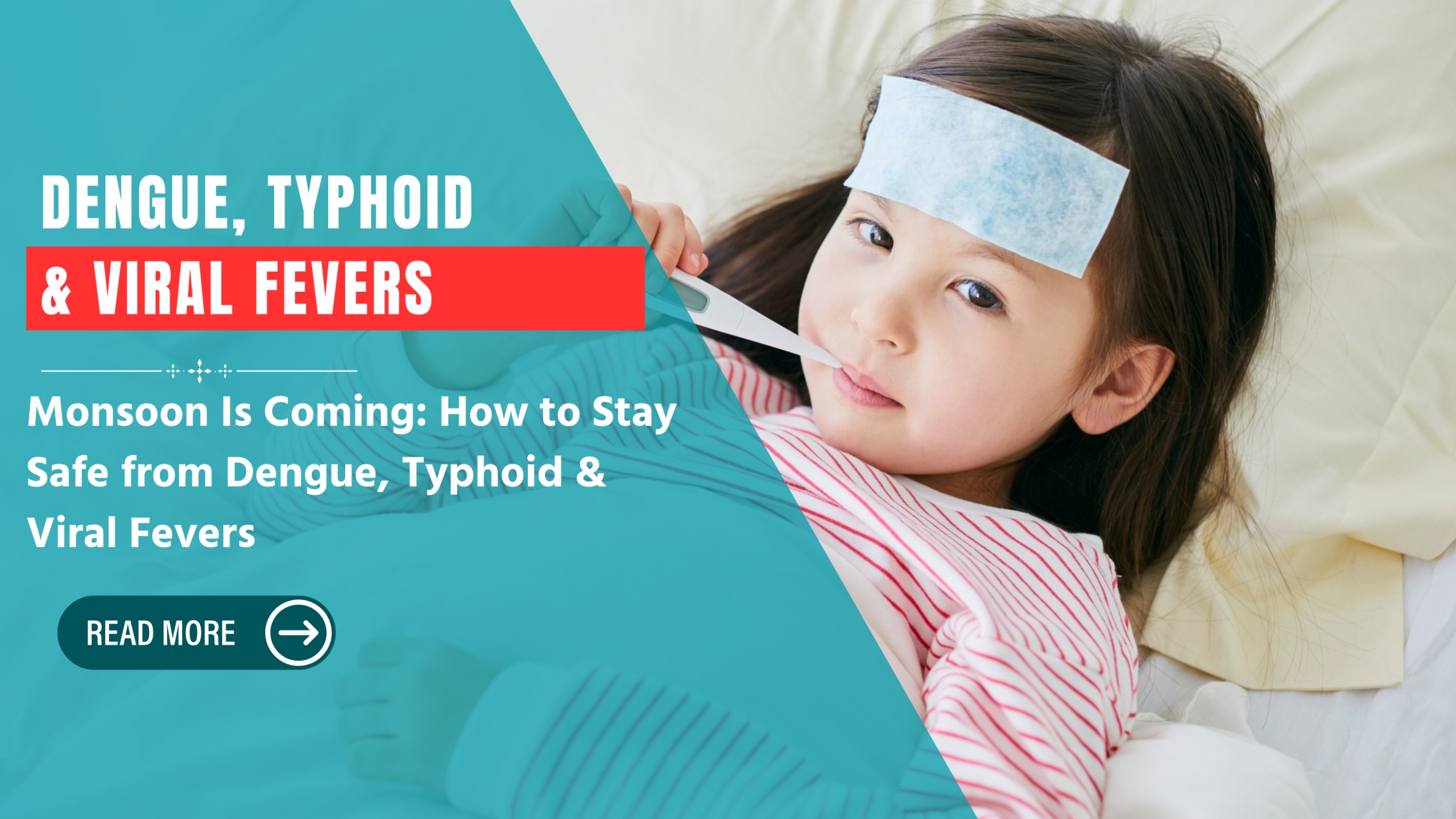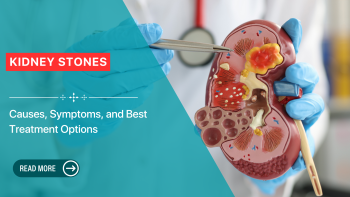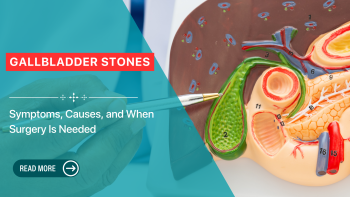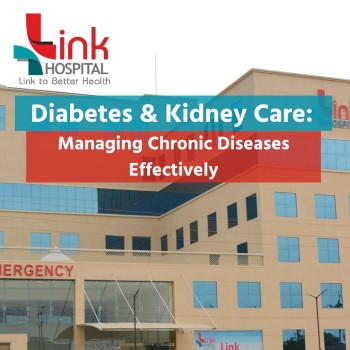Monsoon Is Coming: The arrival of the monsoon brings much-needed relief from the scorching summer heat, but it also marks the onset of waterborne and vector-borne diseases. The humid, stagnant, and moist environment created by the rains becomes a perfect breeding ground for pathogens and mosquitoes. Diseases like Dengue, Typhoid, and Viral Fevers rise significantly during this season and pose a serious public health challenge.
At Link Hospital, Gwalior, we are equipped with the latest diagnostic tools, experienced physicians, and emergency services to help you fight these seasonal illnesses effectively.
Why Monsoon Increases the Risk of
Infections
Monsoon alters the hygiene dynamics of
our environment. From waterlogging to contamination of drinking water and poor
waste disposal, all these factors contribute to a spike in infectious diseases.
Common Risk Factors:
●
Accumulated rainwater breeds
mosquitoes
●
Contaminated drinking water and
food
●
Sudden drops in immunity due to
temperature fluctuations
●
Poor sanitation and unhygienic
surroundings
Dengue: The Monsoon Menace
What is Dengue?
Dengue is a mosquito-borne viral
infection caused by the Aedes aegypti mosquito. It thrives in stagnant water
and bites during the daytime.
Symptoms of Dengue:
●
High fever (104°F or above)
●
Severe headache, eye pain
●
Joint and muscle pain (breakbone
fever)
●
Skin rash
●
Nausea or vomiting
●
Bleeding gums or nose (in severe
cases)
Dengue Prevention Tips:
1. Prevent Mosquito Breeding:
●
Eliminate stagnant water from
coolers, pots, and uncovered containers.
●
Change water in flower vases and
bird baths regularly.
2. Use Mosquito Protection:
●
Apply mosquito repellent creams.
●
Use mosquito nets and window
screens.
●
Wear full-sleeved clothing when
outdoors.
3. Keep Surroundings Clean:
●
Dispose of garbage properly.
●
Avoid waterlogging around homes.
Typhoid: Waterborne Danger in
Monsoon
What is Typhoid?
Typhoid is a bacterial infection caused
by Salmonella typhi. It spreads
through contaminated water and food.
Symptoms of Typhoid:
●
Prolonged high fever
●
Weakness and fatigue
●
Abdominal pain and constipation
●
Diarrhea or loss of appetite
● Skin rashes or dry cough in some cases
Typhoid Prevention Tips:
1. Drink Safe Water:
●
Always drink boiled or filtered
water.
●
Avoid consuming ice from street
vendors.
2. Eat Fresh & Hygienic Food:
●
Avoid raw foods or street-side
snacks.
●
Wash fruits and vegetables
thoroughly before consumption.
3. Maintain Hand Hygiene:
●
Wash hands with soap before meals
and after using the toilet.
● Use hand sanitiser when outside.
Viral Fevers: The Silent
Spreaders
What Are Monsoon Viral
Fevers?
Viral fevers refer to a group of
infections caused by viruses that are common in the monsoon due to fluctuating
temperatures and poor immunity.
Symptoms of Viral Fevers:
●
Mild to high-grade fever
●
Chills and body aches
●
Sore throat or dry cough
●
Runny nose
●
Fatigue or tiredness
Prevention of Viral
Fevers:
1. Boost Immunity:
●
Consume a balanced diet rich in
Vitamin C, zinc, and protein.
●
Stay hydrated with warm fluids and
herbal teas.
2. Avoid Crowded Places:
●
Use masks when in public areas to
avoid exposure.
3. Practice Respiratory Hygiene:
●
Cover your mouth while sneezing or
coughing.
●
Use tissue or the elbow crease instead
of bare hands.
When to Seek Medical Help?
Monsoon diseases can become
life-threatening if ignored. Don’t wait for symptoms to worsen.
Visit a doctor
immediately if you notice:
●
Fever lasting more than 2–3 days
●
Severe headache or rashes
●
Vomiting or abdominal pain
●
Blood in stools or urine
●
Drowsiness, confusion, or
difficulty breathing
How Link Hospital, Gwalior,
Ensures Safe Monsoon Healthcare
Link
Hospital stands as a beacon of quality healthcare in
Gwalior, especially during the challenging monsoon season. We offer:
●
24x7 Emergency Services
●
Advanced Diagnostic Labs for Dengue, Typhoid & Viral Infections
●
Expert Internal Medicine and Pediatric Specialists
●
IV Hydration, Symptomatic & Antibiotic Therapies
●
Infection-Free Environment & Critical Care Support
Whether it's a mild fever or a serious
infection, our trained medical professionals provide precise, prompt, and
compassionate care for all age groups.
Stay Monsoon-Ready with Link
Hospital
Monsoon should bring joy, not illness.
Let not Dengue, Typhoid, or Viral Fevers dampen your health or happiness. Early
diagnosis, timely treatment, and expert care can prevent complications.
If
you or your loved ones show any signs of illness, don’t delay!
Visit Link Hospital, Gwalior – the most
trusted multi-speciality hospital for seasonal infections and emergency care.
Call
Now to Book an Appointment or Get Emergency Support
Visit: [www.linkhospitals.in]
Location:
Link Hospital, Gwalior – Safeguarding Health, Every Season.
Link
Hospital Cares for You — Because Prevention and Timely Treatment Saves Lives.











